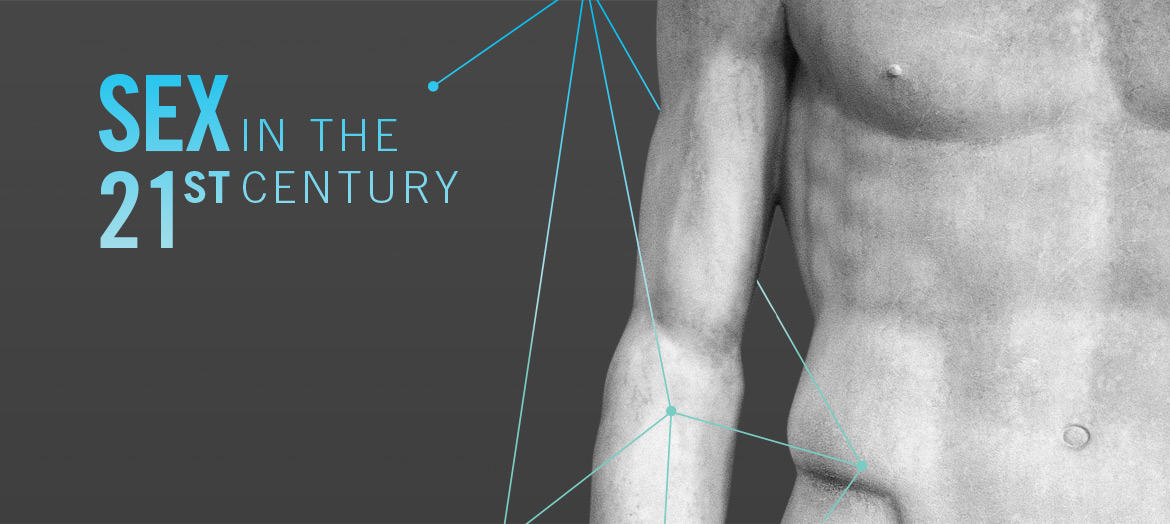Radical pelvic surgery
Content written by John P. Mulhall, MD
Radical pelvic surgery in men and is most often performed as part of a treatment plan for prostate cancer, bladder cancer, or rectal cancer. Radical pelvic surgery negatively impacts upon erectile function in a number of ways. The erection nerves travel along the front surface of the rectum and then pass forward in very close proximity to the prostate. During the above operations these nerves are at risk of damage. In the hands of an experienced surgeon it is possible to save these nerves but even in the hands of an experienced surgeon, traction applied to the nerves to prevent transection or thermal injury, may result in bruising, swelling and scarring that may case at least temporary and possibly even permanent damage to the nerves. The effect of this nerve damage is twofold: firstly, it leads to the absence of erections which has a negative impact upon the structure and function of erectile tissue and secondly even minor temporary nerve trauma results itself in the degeneration of erectile tissue specifically collagen deposition and loss of elasticity of this muscle. This leads to a condition known as venous leak. Finally, in some men large arteries known as accessory pudendal arteries pass close to the prostate. Sometimes these arteries are a major source of arterial blood flow to the penis. These arteries may be injured at the time of surgery permanently impairing erectile function. The predictors of erection function recovery after these operations include better erectile function before surgery, younger age before surgery, better vascular health before surgery, better nerve sparing during surgery, and greater surgeon experience (number of operations performed per year and number of years performing this operation).
